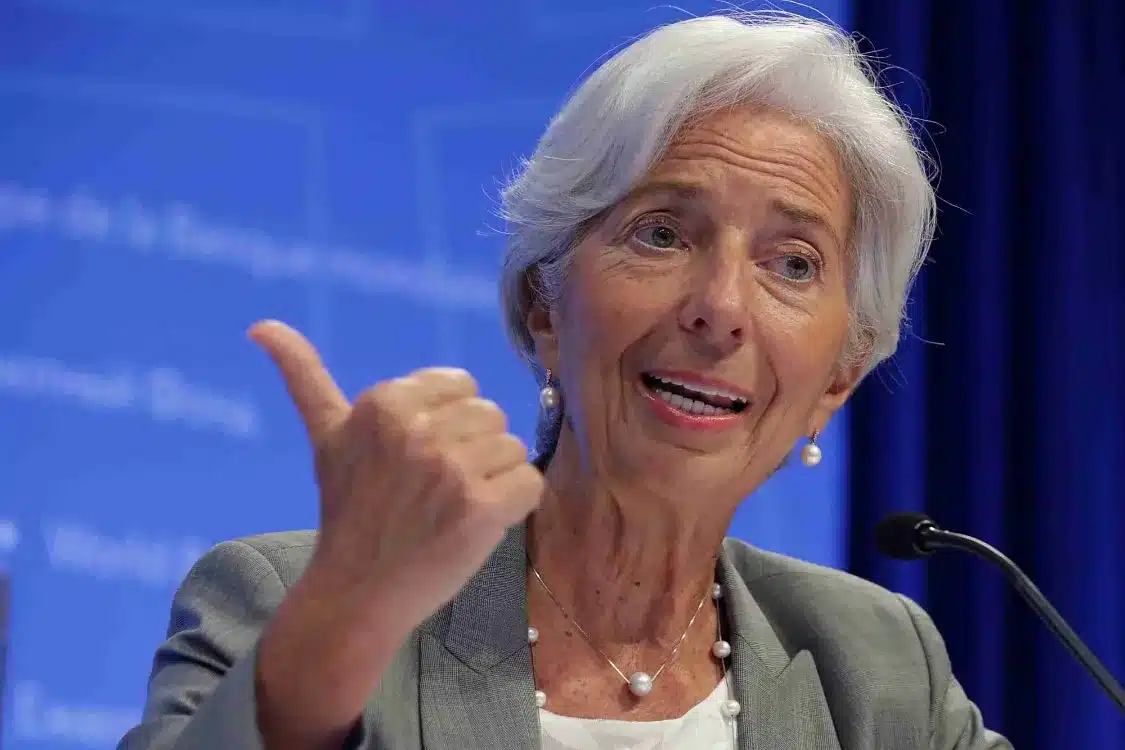- Lagarde urges tighter stablecoin regulations for non-EU issuers’ risks.
- Cross-border stablecoin schemes pose regulatory challenges for EU stability.
- International collaboration essential to mitigate global financial system risks.
Christine Lagarde, President of the European Central Bank (ECB), has emphasized the need for stricter regulation on non-EU stablecoin issuers. In an address at the annual conference of the European Systemic Risk Board, she pointed out the weaknesses in the existing European Union (EU) framework, particularly regarding the threat of financial instability.
Lagarde states that whereas the EU’s Markets in Crypto-Assets (MiCA) regulation enforces highly restrictive reserve requirements on stablecoin issuers in the EU, the legislation does not apply to issuers of non-EU stablecoins, and regulatory arbitrage remains a possibility.
Concerns Over Multi-Issuer Stablecoin Schemes and Cross-Border Risks
Lagarde pointed out that MiCA mandates that stablecoin issuers within the EU hold substantial reserves in bank deposits. It also assures that investors are able to redeem their holdings at par value, instilling investor confidence.
Nevertheless, she expressed worries regarding multi-issuer schemes with non-EU entities working with the EU on fungible stablecoins. When this happens, only the EU part of the scheme is regulated, and the non-EU parts are not.
Also Read: SUI Group’s $344M Bet on SUI Tokens: Will This Spark the Next Big Rally?
She cautioned that during moments of market panic, investors would tend to rush to redeem their investments in jurisdictions with more robust protections, like the EU. That may result in demand concentration straining reserves that may not be adequate to fulfill all redemption requests, despite EU regulations.
In order to mitigate the impact of these weaknesses, Lagarde requested that European laws be adopted to impose more stringent rules on such plans, unless similar frameworks in other locations accompany them. She emphasised that strong protection of transfers of assets between EU and non-EU organisations is necessary.
The President of the ECB also emphasized the issue of international cooperation. Lagarde claimed that the world must have a global method of regulation to prevent a scenario where financial risks are transferred to areas with less protection. Without a worldwide level playing field, risks are bound to find the easiest route, potentially causing systemic issues across the financial ecosystem.
Stronger Global Cooperation Needed to Safeguard Financial Stability
In her speech, Lagarde emphasized that international cooperation remains critical for mitigating risks tied to stablecoin regulations. Without aligning standards across jurisdictions, there is a real risk of destabilizing the financial system.
The global financial markets are interconnected, and it is impossible to address such challenges effectively in isolation. Therefore, European regulators should not stop supporting the concept of international regulatory standards, as it will help to avoid fragmentation and inconsistencies that may increase risks.
MiCA, entering into force at the end of 2024, establishes comprehensive regulation of issuers of crypto assets and providers of services working in the EU. While it has been hailed as a step forward in regulating the cryptocurrency space, Lagarde’s remarks serve as a reminder that gaps remain, particularly regarding cross-border stablecoin issuance. This issue underscores the growing need for a global consensus on crypto regulation.
Also Read: Bitget’s Game-Changing Integration Lets You Trade 100+ Tokenized Stocks & ETFs!
